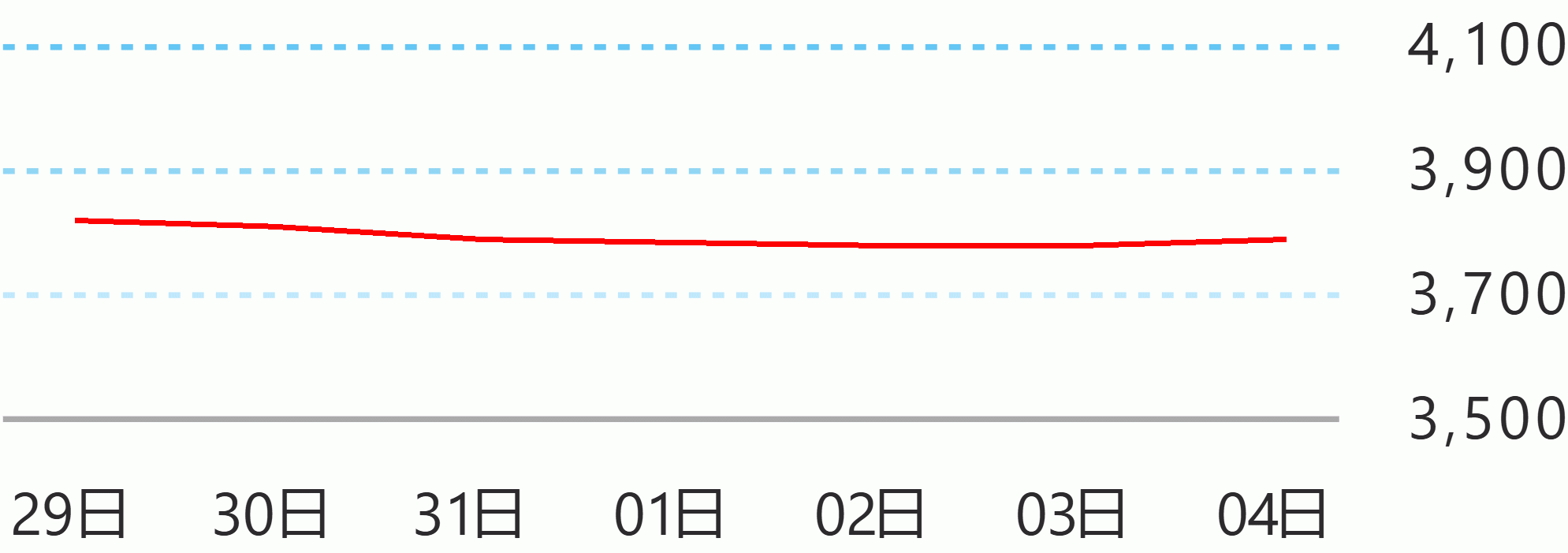Foreign Affairs Secretary Teodoro Locsin Jr. on Sunday said the Philippines’ win in the South China Sea arbitration case against China is “non-negotiable."
Locsin made the statement as the country marked the 4th anniversary of the Issuance of the Award in the South China Sea Arbitration in favor of the Philippines made by the United Nations Permanent Court of Arbitration (PCA) constituted under Annex VII to the United Nations Convention on the Law of the Seas (UNCLOS).
“The arbitration case initiated and overwhelmingly won by the Republic of the Philippines versus the People’s Republic of China is a contribution of great significance and consequence to the peaceful settlement of disputes in the South China Sea and to the peace and stability of the region at large,” he said.
“Compliance in good faith with the award would be consistent with the obligations of the Philippines and China under international law, including UNCLOS to which both parties are signatories,” he said.
Locsin said the Philippines, as a law-abiding, peace-loving and responsible member of the international community, “reaffirms on this occasion its adherence to the award and its enforcement without any possibility of compromise or change”.
“The award is non-negotiable,” he said.
The secretary said the arbitral tribunal’s award released on July 12, 2016 represents a victory, not just for the Philippines, but for the entire community of consistently law-abiding nations.
Locsin said the arbitration award conclusively settled the issue of historic rights and maritime entitlements in the South China Sea.
“The Tribunal authoritatively ruled that China’s claim of historic rights to resources within the sea areas falling within the ‘nine-dash line’ had no basis in law,” he said.
“Rather, claims to historic rights, or other sovereign rights or jurisdiction that exceed the geographic and substantive limits of maritime entitlements under UNCLOS, are without legal effect,’ Locsin added.
On maritime entitlements generated by features in the South China Sea, he said the PCA conclusively ruled that none of the features in the Spratly Islands is capable of generating extended maritime zones and that the Spratly Islands cannot generate maritime zones collectively as a unit.
“The Tribunal also found that the Philippines could declare certain sea areas part of its exclusive economic zone (EEZ), as these areas do not overlap with any possible entitlement claimed by China,” he said.
“The Tribunal ruled that certain actions within the Philippines’ EEZ violated the Philippines’ sovereign rights and were thus unlawful; that large-scale reclamation and construction of artificial islands caused severe environmental harm in violation of international conventions; that the large-scale harvesting of endangered marine species damaged the marine ecosystem; and that actions taken since the commencement of the arbitration had aggravated the disputes,” he added.
Despite the PCA ruling, China has refused to acknowledge it and instead continued with its aggressive activities in the disputed waters.
Aside from the Philippines and China, Brunei, Malaysia and Vietnam, as well as Taiwan, have also claims in the South China Sea. Ella Dionisio/DMS





 English
English









